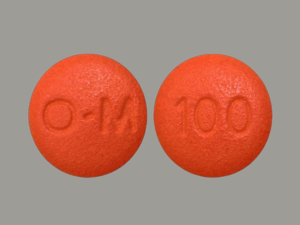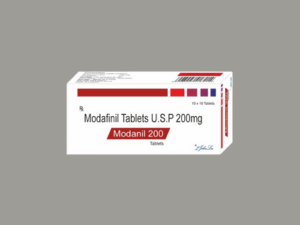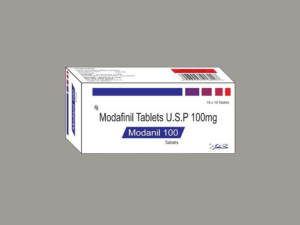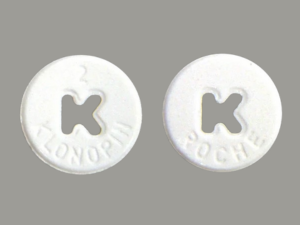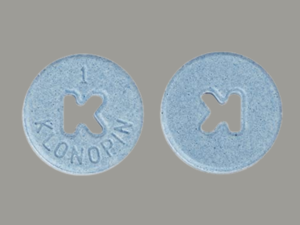
How to Compare Vitamins and Supplements?
Learn about the basics of Vitamins and Supplements, the recommended daily value for each, and how to find the best vitamins for you.
As we all know, our bodies need some elements to maintain proper levels of functioning.
We are familiar with the organic compounds named vitamins. Some of the most common vitamins you must have heard of are C (available in citrus food), D (which we get from commodities such as milk and cheese), and A (we can get it from the liver and is also available in dark green, orange, and yellow fruits and vegetables).
Vitamins are crucial to maintaining good health, yet our bodies sometimes do not make them sufficient, and this is where we need some other components to fill the gap. The two primary sources to meet our bodies’ needs are food and supplements.
This blog will help you know about the basic details of vitamins and supplements, how they are different, and how to buy them.
Table of Contents
What are vitamins?
Vitamins are organic components that are essential for good health. Their deficiency can lead to diseases such as hypovitaminosis (lack of vitamin D resulting in pain in the bones and joints and fatigue).
In contrast, a deficiency of vitamin B-12 can cause heart palpitations, muscle weakness, constipation, and even depression.
Unfortunately, our bodies are not efficient in making adequate quantities of vitamins. Hence, we need to rely on food and supplements to keep the dangers of vitamin deficiency far away. Vitamins are either fat-soluble or water-soluble.
Vitamins A, E, D, and K belong to the category of fat-soluble vitamins, and the body stores them in the liver and fatty tissue. The reserves of fat-soluble vitamins can be sustained in the body for several days and sometimes months.
Dietary fats aid the body in absorbing fat-soluble vitamins through the intestinal tract.
Water-soluble vitamins do not sustain the body for long, and our bodies cannot store them. They leave our bodies through urine, and due to this, people need a more regular supply of these vitamins than the fat-soluble ones.
All the B vitamins and vitamin C belong to the water-soluble vitamins group.
What are supplements?
Supplements are available in the form of pills, liquid, and powder. Supplements types include vitamins, herbs, and minerals, hence known as:
- Vitamin supplements
- Herbal supplements
- Mineral supplements
People often turn to supplements because they are worried about not getting enough in their diet, while in other cases, individuals may be looking for a specific health benefit such as better mood or improved joint or skin health.
Supplements are produced to complement our diets, and it would be unwise to avoid the building blocks of good nutrition- carbohydrates, good fats, vegetables, and fruits.
Remember, supplements are meant to be additional items rather than replacing them with food and lose the benefits we get from food.
Examples of supplements include St. John’s Wort or your daily multivitamin. These manufactured herbs and nutrients help our body in optimal functioning and also aid in boosting energy and warding off deficiency problems.
Before taking any supplement, ensure to control your medical healthcare professional. And, if you are already taking supplements, ensure to discuss it with the medical expert, as it can help monitor the precise amounts and potential interactions.
Some supplements may interfere with other medications you are taking, including prescription, non-prescription, and over-the-counter (OTC) medicines. So be careful and choose quality products from the most reputable brands.
Remember that supplements are often not regulated, and the claims you see on the label may not necessarily be what you find in the bottle.
What is the difference between vitamins and supplements?
The difference between Vitamins and Supplements is that vitamins are naturally available in the body, while supplements substitute vitamins that one needs to take from external sources.
Supplements are unnecessary, but they can bring more potential to the body. According to research, in the United States, many people take multivitamins and other supplements, though they may not be helpful or necessary.
A varied, balanced diet comprises plenty of fruits and vegetables, and it should be the primary source of vitamins rather than picking up any supplement.
Various sources, such as the up-to-date guidelines of The Department of Health and Human Services, state the best way to get enough nutrients is a proper diet.
In some cases, fortified foods and supplements may be appropriate. Still, sometimes, it is not suitable for people with certain health conditions and people with restricted diets during pregnancy.
Anyone taking supplements needs to be aware not to exceed the maximum dose, as studies show that taking an excessive amount of any vitamin can result in health problems.
How do you buy high-quality vitamins and supplements?
Before you consider adding any Vitamins and Supplements to your routine, consult your medical healthcare provider and ask the following questions:
- What does the research state about its benefits?
- How can this supplement help me?
- What would be the appropriate dosage for me?
- Which form of the vitamin is best?
- Are there any side effects?
- Can I take it together with other medications? Should I avoid any food items?
- Will I need to stop any product if I need to have surgery?
Vitamins and supplements are available in pills, liquids, and powder form. The type you choose depends upon how they work in the body and how you prefer taking them. Some work only in dry extract forms, such as a pill or capsule, while others function faster and more effectively as a liquid.
FAQ (Frequently Asked Questions)
(Q.1) Are vitamins a supplement?
The broad category of common supplements includes vitamins, herbal products, and minerals. People take vitamin supplements to ensure that they get sufficient essential nutrients and improve or maintain their health.
(Q.2) Is it necessary to take vitamins and supplements?
Usually, people do not require vitamin supplements and can get needed vitamins and minerals by eating a healthy, balanced diet. Although some vitamins and minerals, such as iron, vitamin C, and calcium, are crucial nutrients that your body needs in small quantities to function efficiently.
(Q.3) Why can’t supplements replace food?
Supplements are not manufactured to replace food, and they are just a substitute for essential vitamins and minerals our body can not produce enough.
They can not replicate all the nutrients and benefits of food items, such as fruits and vegetables. Whole foods offer more significant nutrition benefits in comparison to dietary supplements.

